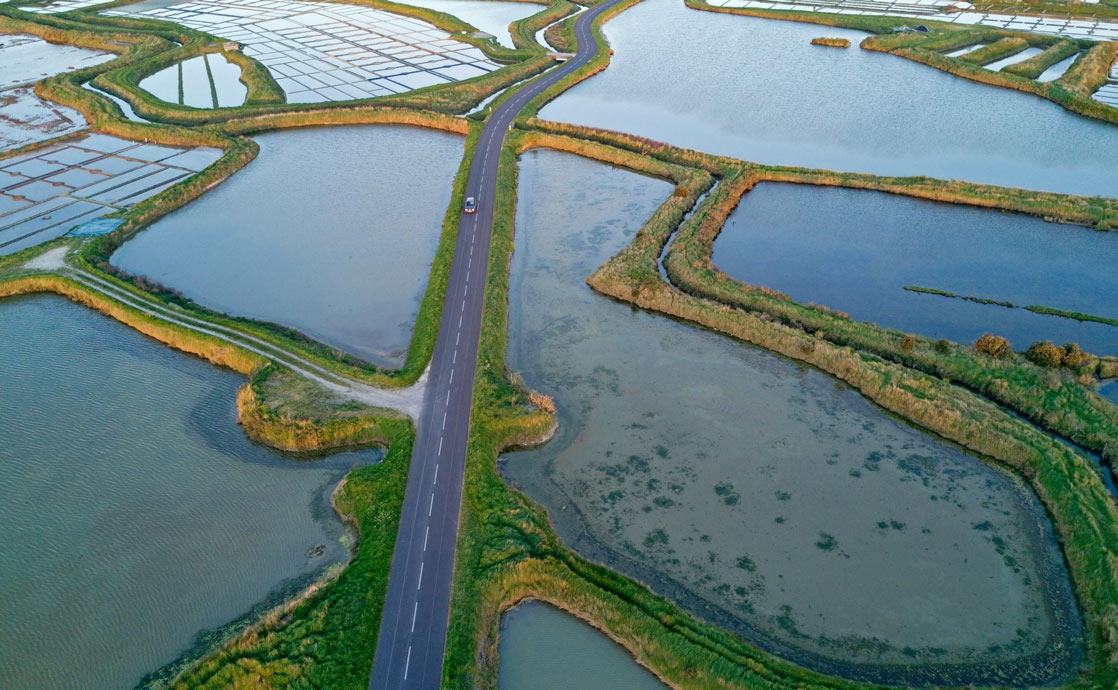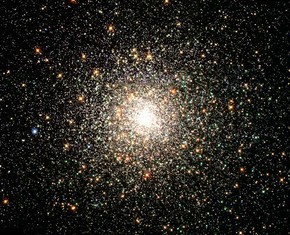The views expressed in our content reflect individual perspectives and do not represent the authoritative views of the Baha'i Faith.
The Baha’i teachings say “… without water no worldly creature can live – mineral, vegetable, animal and man, one and all, depend upon water for their very being.”
Nothing survives without water – either the physical water that quenches our thirst or the spiritual water that cleanses our hearts and souls.
Water researcher and expert Theodore Schwenk deemed water nature’s “heart” because no aspect of life, reproduction, cell propagation, metabolism, or brain function, including thinking and feeling, can happen without it.
But the industrial juggernaut of the Western world has clearly attacked water. Its vulnerability to pollution, run-off, overuse, salination, unfair distribution, you name it, has increased to a critical stage and now deserves everyone’s attention.
Schwenk claimed that neglect of water’s proper care even relates to the breakdown of social mores, arguing that the increase of polluted water corresponds perfectly with the planet’s increase in corruption, violence, strife, and secularization. By deciding that the assaults upon this precious element mirror the maladies of humankind, he concluded that water problems are “not just external,” and that “everyone of us is implicated, and everyone responsible.” – Theodore Schwenk, Water: The Element of Life, pp. 15, 62.
He said that water problems “must be solved inside ourselves. … When we have transformed the inner scene, the outer one can be restored to order,” and that water is the “great teacher.” – Ibid., p. 33.
Schwenk wrote that if we could learn water’s demonstrable “life principles” of buoyancy, flexibility, love, self-sacrifice, service, and beauty, and become more like water itself, we would achieve the most sustainable kind of ecological and spiritual consciousness – because such virtues arise from the human soul, at the intersection of one’s personal and planetary responsibilities.
As a Baha’i, I understand Schwenk and love his work. I too know that water is not just a chemical element but also a mysterious, shimmering veil between us and our Creator. In fact, I think water is the embodiment of light, a wet flame, and, yes, to become more like water would bring us closer to God and enact a revolution in how we think, act, and aspire, showing us a way to recover and to flow.
Schwenk was a Christian philosopher/scientist, and he knew that to become more like water would be the fulfillment of that fundamental Christian expectation of the resurrection of the dead.
As a Baha’i, I know that to succeed in becoming more like water requires a new worldwide cosmology, a fresh frame of reference in which collective spiritual practice and personal sacred knowledge takes precedence – not a resurrection of bodies out of graves, but a resurrection of hearts and souls out of the graves of blindness and ignorance and the habitual abuse of Earth, air, and water.
It would require a religious cosmology and a sacred covenant we make, which could succeed in drawing forth that virtuous living water to which all religious systems have alluded, and in so doing re-instate humanity’s loving relationship to our planet and the social justice we all need, as well.
Consider these words of Baha’u’llah, who inaugurated the new Baha’i cosmology, appropriate for our emerging ecological age:
Purge thou thy heart that We may cause fountains of wisdom and utterance to gush out therefrom, thus enabling thee to raise thy voice amongst all mankind.
As a Baha’i, I know that all of physical creation, its people, trees, stones, birds, and skies, even its spiders, are material manifestations of a sacred order. Each scintilla of Earth’s natural diversity, every blade of grass, furry creature, fish and fowl, and every chick-a-dee chirp deserves to be known and loved for its unique contribution to the magnificent whole. Water, which gives all life its sustenance, is not just a chemical substance but a molecular radiance, just as Baha’u’llah tells us:
Upon the inmost reality of each and every created thing He [God] hath shed the light of one of His names, and made it a recipient of the glory of one of His attributes.
But we cannot solve any significant water problems, or any environmental problem, for that matter, apart from legal bulwarks and scientific analysis. The United States Clean Waters Act of 1972, for example, still stands as a testament to what institutions and concerted social and legislative action can accomplish. Indeed, if wetting the world be our ultimate goal, planet Earth needs all the help it can get. Remember, the United Nations, together with hundreds of global non-profit agencies, continue to advance the environmental agenda, preserving and safeguarding clean water for all.
Consider also that the global network of Baha’i administrative bodies comprise a vast “waterworks,” conveying the living water of the spirit to the withered body of the world in a planet-encircling system of democratically-elected governing councils, that one day humanity might “roll down like waters, and righteousness like an ever-flowing stream,” in the words of Old Testament prophet Amos.
In these ways I try to make peace with the broken planetary systems of the present, while wetting and re-calibrating anew my relationship with all that is. I teach the Baha’i Faith to those who are parched and aggrieved, and whose best intentions have not yet found force, form, or fountain:
… in Holy Scriptures, the counsels of heaven are likened to water, even as the Qur’án saith: ’And pure water send We down from Heaven,’ and the Gospel: ’Except a man be baptized of water and of the spirit, he cannot enter into the Kingdom of God.’ Thus is it clear that the Teachings which come from God are heavenly outpourings of grace; they are rain-showers of divine mercy, and they cleanse the human heart. – Abdu’l-Baha, Selections from the Writings of Abdu’l-Baha
















Comments
Sign in or create an account
Continue with Googleor